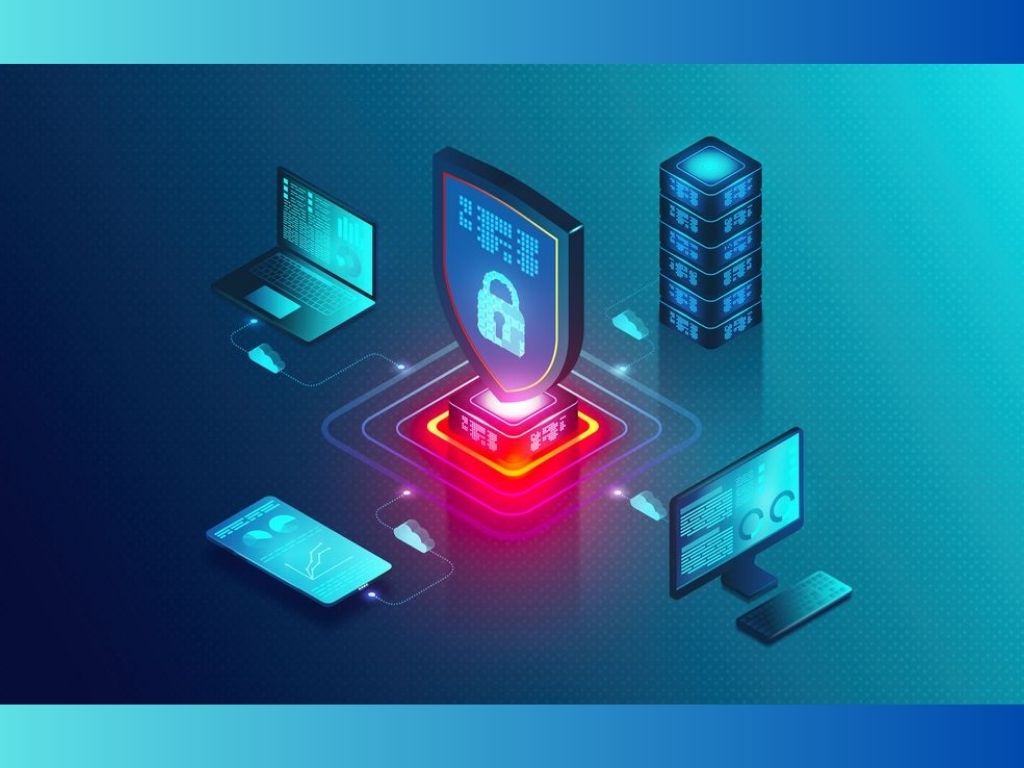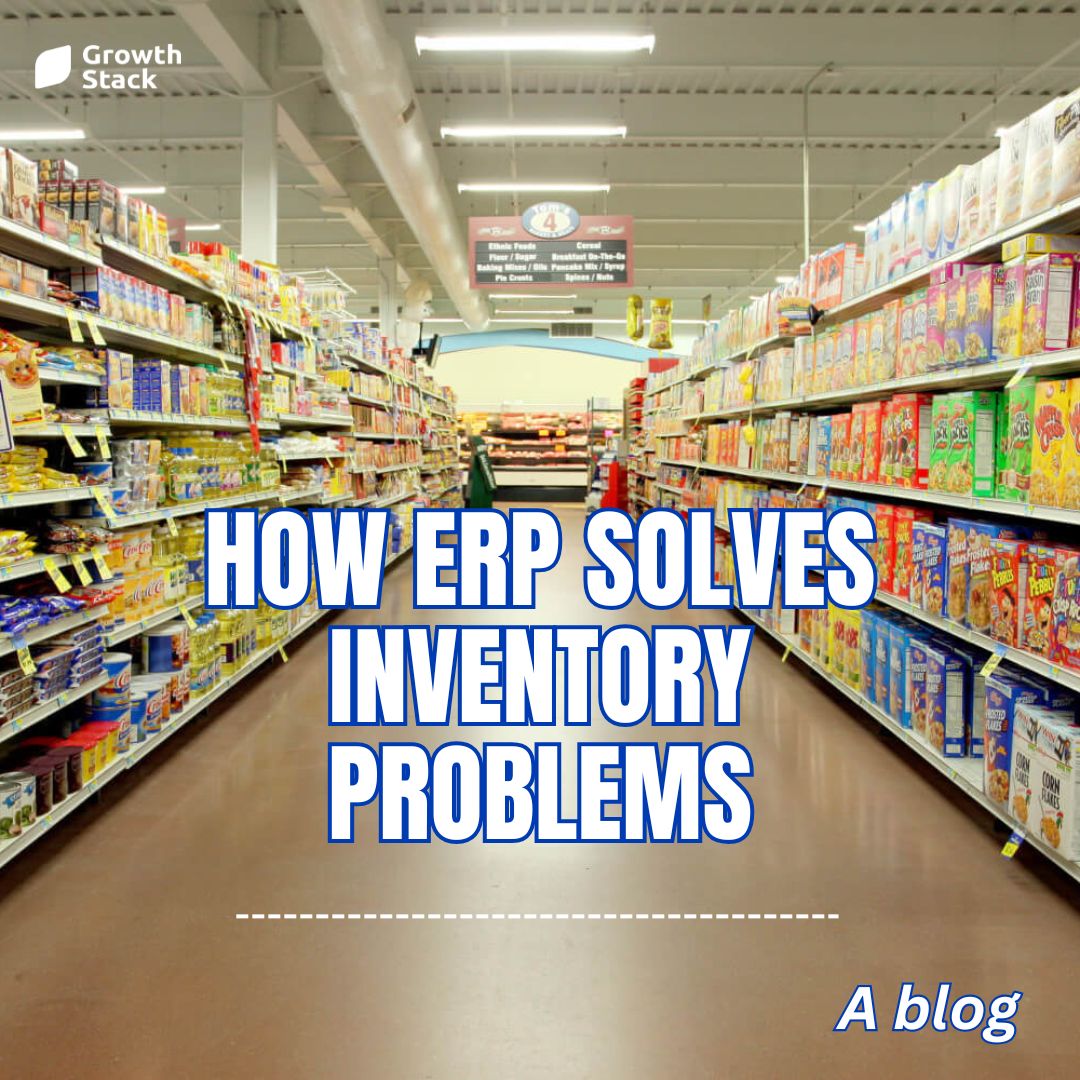Introduction:
The security of your corporate data is critical in today’s linked digital landscape. Because of their comprehensive and centralized nature, ERP systems hold sensitive corporate information and are a major target for cybercriminals. Prioritizing ERP security is critical for protecting your company from potential threats. In this post, we will look at essential methods and best practices for defending your company from cyber threats and ensuring the integrity of your ERP system.
Conduct a Security Risk Assessment:
To begin, evaluate the security risks connected with your ERP system. Determine potential vulnerabilities and the impact of a security breach on your company’s operations. Conduct a thorough risk assessment to better understand the dangers, prioritize security measures, and create a strong security strategy specific to your ERP environment.
Implement Strong Access Controls:
Implement strong authentication techniques to control access to your ERP system. To ensure that only authorized users have access to sensitive data, employ multi-factor authentication, strong passwords, and role-based access controls. Review user access rights on a regular basis and swiftly terminate access for employees who no longer require it. You lessen the danger of unauthorized data exposure by restricting access to necessary people.
Maintain Your ERP System:
Update your ERP software on a regular basis with the latest security patches and upgrades given by the manufacturer. These updates frequently address known vulnerabilities while also fortifying the system’s defenses against emerging threats. Create a patch management mechanism to guarantee that updates are applied as soon as possible. You can reduce the danger of cybercriminal exploitation by keeping up with software upgrades.
Encrypt Sensitive Data:
Data encryption is an important part of ERP security. Encrypt sensitive data at rest and in transit using encryption methods. To protect information from illegal access or interception, use powerful encryption techniques and secure data transfer protocols such as HTTPS. Encryption adds an extra degree of security and guarantees the confidentiality and integrity of your data.
Employee Education and Training:
Human error is a substantial contributor to security breaches. Educate and train your personnel on recommended practices for cybersecurity, such as detecting phishing attempts, using strong passwords, and avoiding strange links or downloads. Create a security-conscious culture and develop explicit data-protection procedures. Reinforce training on a regular basis to keep personnel knowledgeable about evolving dangers and mitigation solutions.
Monitor and audit on a regular basis:
Use powerful monitoring technologies to detect and respond to security events as soon as possible. Keep an eye on system logs, network traffic, and user activity for any indications of unusual behavior or unauthorized access attempts. Conduct frequent security audits to determine the effectiveness of your security measures and areas for improvement. Continuous monitoring and auditing enable you to discover and fix potential issues in advance.
Conclusion:
Securing your ERP system is critical for protecting your company from cyber threats. You can improve the security of your ERP system by doing a risk assessment, setting tight access controls, staying up to current with software upgrades, encrypting critical data, routinely backing up your data, educating staff, and implementing comprehensive monitoring and auditing methods. Prioritizing ERP security helps protect your critical business data, maintain customer trust, and assure your organization’s continuous functioning in the face of evolving cyber threats.









